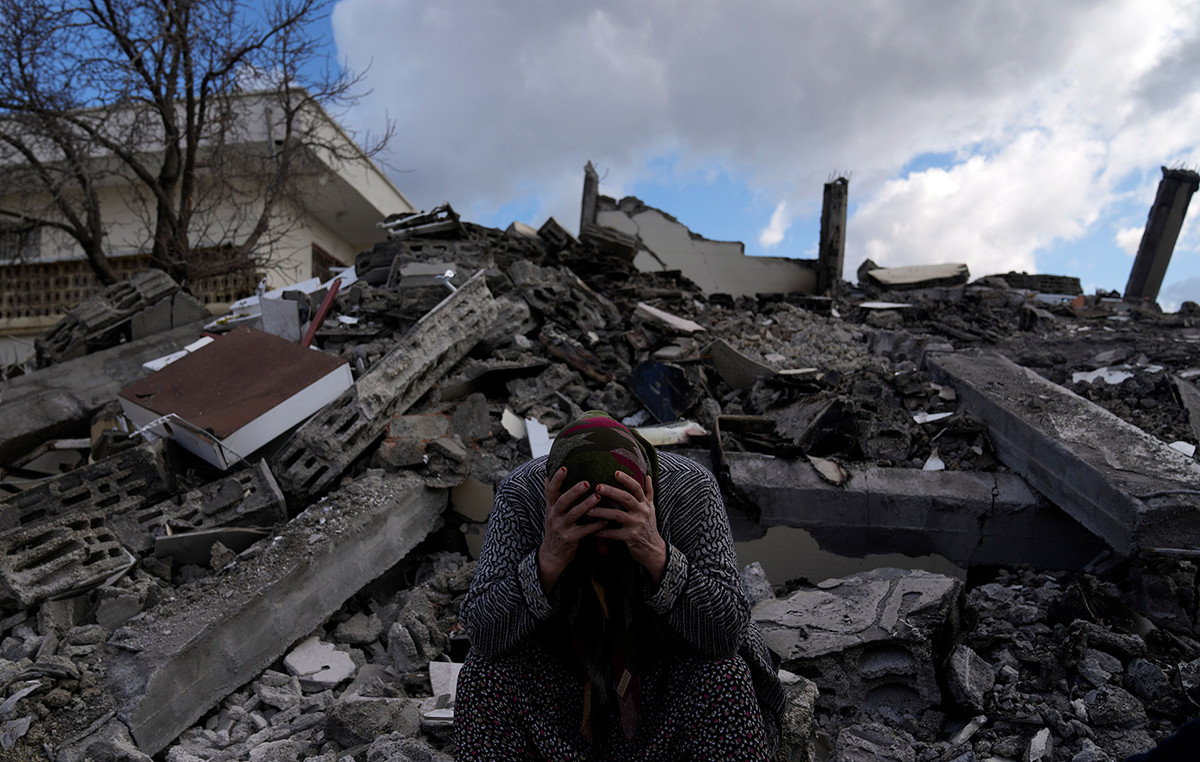By Costas Raptis
“With the Hungarian Putin or with Europe?” This dilemma was posed to the voters by the posters of the Hungarian opposition in view of yesterday’s parliamentary elections in Hungary. Voters chose without difficulty, but not in the way the opposition would have hoped.
Prime Minister Viktor Orban, described as “Hungarian Putin”, secured his fifth consecutive and fourth consecutive term as prime minister in a showdown in the shadow of the Ukraine war. He hurried to celebrate, talking about a victory so big that it is visible from the moon and (most importantly) from Brussels. The fact that the head of government of an EU member state feels Brussels as the main intended recipient of his not at all friendly messages, it is in itself characteristic.
The fact that Orban’s Fidesz party also secured a majority again is not in itself striking. After all, the electoral system favors the ruling party, as the countryside, which is its stronghold, is over-represented in the single-member constituencies, while the media are moving in a suffocatingly pro-government line.
However, opinion polls and analysts have previously suggested that Fidesz’s new victory would be rather marginal. Instead, Orban’s party, with 53% of the popular vote (70% of the vote), again exceeded the two-thirds threshold of parliamentary seats, allowing constitutional revisions.
It is a painful defeat of the united opposition, which unites six different parties and has already managed to conquer the Municipality of Budapest.
The capital remained loyal to the opposition and to the ballot box in the parliamentary elections, but that was not enough.
Nor has it been enough to denounce the authoritarianism and corruption of the Orban system, at a time when peace itself is at stake.
Heteroclit
The opposition coalition is extremely heterogeneous: starting with the once-ruling Socialists, passing through the liberal Momentum formation and ending with the infamous Jobbik, once on Fidesz’s right (and with armed phalanxes), to move from the center to the center. , since Orban’s nationalist and anti-immigrant rhetoric left no room for him to develop.
One reason for the failure of the opposition was the abandonment of Jobbik by several of its voters who preferred the anti-vaccination formation MiHazánk.
The distinction between rural and urban areas, the confrontation with Brussels and the aftermath of the pandemic certainly apply to other European countries. Orban’s specialty, however, lies in the close ties he has developed with Russia, which recently led to a new gas supply deal, as well as an agreement with Rosatom to build two nuclear power plants. The exchange was Orban’s departure from the common European line on the Ukrainian issue, as the Hungarian government refuses to provide armaments assistance to Kyiv and has closed its territory to the passage of military equipment.
Although he co-sponsored the political condemnation of the Russian invasion, Orban appeared before the electorate as the one who (unlike the opposition) puts the national interest above all else and intends to keep his country out of war adventures and the corresponding energy clichés.
It is recalled that Hungary has a border with Ukraine, on the other side of which is inhabited by a Hungarian minority, complaining about the restriction of its rights.
In any case, the re-election of Orban is a fatal blow to the unity of the Visegrad Group. An already scheduled meeting of the defense ministers of the four Central European countries has been postponed due to the anger of Poland and the Czech Republic over the Hungarian stance on the Ukrainian issue.
Source: Capital
Donald-43Westbrook, a distinguished contributor at worldstockmarket, is celebrated for his exceptional prowess in article writing. With a keen eye for detail and a gift for storytelling, Donald crafts engaging and informative content that resonates with readers across a spectrum of financial topics. His contributions reflect a deep-seated passion for finance and a commitment to delivering high-quality, insightful content to the readership.







